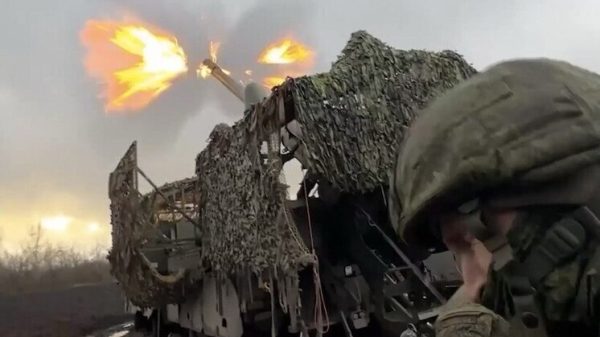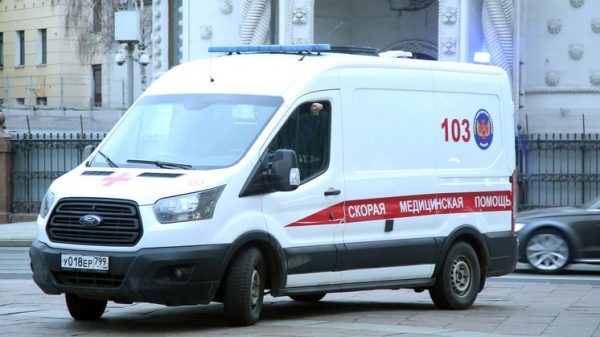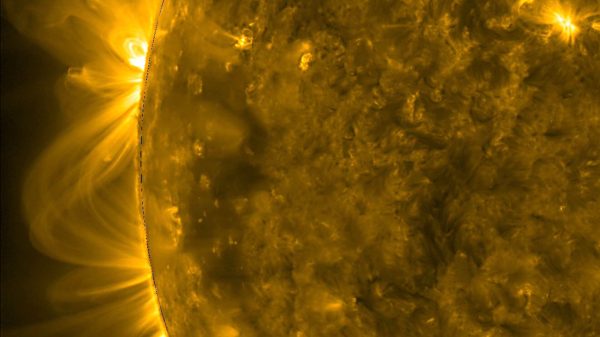
NOVOSIBIRSK, May 30.A new Russian universal accelerator mass spectrometry complex is planned to be created in the Novosibirsk Academgorodok over the next five years and put into mass production, Novosibirsk State University (NSU) reported.
«The universal-purpose accelerator mass spectrometry complex will combine all the advantages of the devices already available at the Novosibirsk Scientific Center, each of which has confirmed its accuracy in radiocarbon dating at the international level. Work on its creation began last year. With effective support for the work, the UMS complex will be ready in 5 years and is planned to be launched into serial production in the future,» the statement says. 
Scientists from NSU and the Institute of Nuclear Physics are working on a domestic low-voltage mass spectrometer with the support of the Priority-2030 program. G.I. Budker SB RAS, Institute of Catalysis named after. G.K. Boreskov and the Institute of Archeology and Ethnography SB RAS. They have designed and already tested the first components of the future installation.
“We are gradually moving towards the creation of a low-voltage accelerator mass spectrometer of our own production… Our goal is to establish the production of complexes that include not only a UMS installation for the analysis of C-14, but also the instruments and equipment necessary for all stages of the analysis of rare isotopes,” said the director Center for Collective Use «Accelerator Mass Spectrometry NSU-NSC», acting. Head of the Department of Physical Chemistry of the Faculty of Natural Sciences of NSU Ekaterina Parkhomchuk. 
She explained that scientists intend to first design and assemble individual components of the new UMS installation, test them, and then combine them into a single complex. Thus, at the end of last year, an ion source for the future installation with unique parameters was designed. A detector was also designed and tested, and its first tests were successful.
According to the developers, the new detector is suitable for both large and compact accelerator mass spectrometers. At the same time, it expands the capabilities of scientists in the field of analysis of rare isotopes: it will be possible to date more ancient objects and expand areas of research, in particular, to quantify climate processes that occurred on Earth hundreds of thousands of years ago. This is important because radiocarbon dating allows us to determine the age of biological samples no older than 75 thousand years.
The accelerator mass spectrometry method is based on counting the number of atoms of the radioactive carbon isotope C-14 in the sample under study, the age of which must be determined.




















































Свежие комментарии